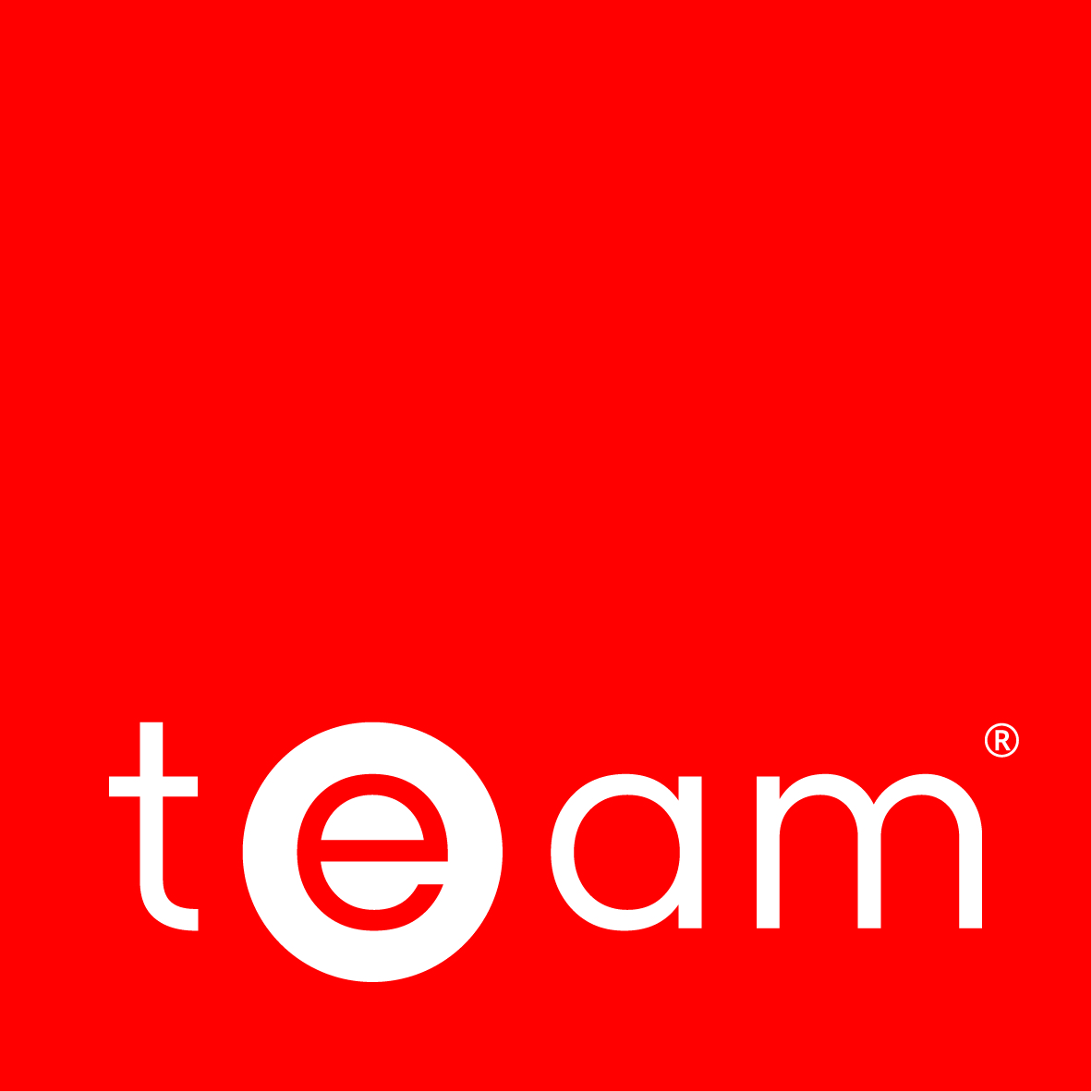Did you know that it has been 15 years since Display Energy Certificates (DEC) were introduced in the UK?

By supporting businesses in understanding their energy usage, becoming more energy efficient, reducing their bills, and producing less carbon emissions, DECs play an important role in gaining knowledge about our buildings.
Our Energy Services team has been producing DEC certificates since their launch in 2008, and so to coincide with 15 years of DECs, our Energy Consultant and DEC assessor, Giles Davies, who also celebrates 15 years of service with us this year, is sharing 15 interesting facts about Display Energy Certificates you may not know:
1. DECs must be renewed annually, Recommendation Reports, which provide advice on how to improve a building’s energy performance, are valid for seven years. However, if a building is over 1000m2 these can be renewed every 10 years.
2. The spectrum of businesses we look after is broad. This includes small individual schools through to managing renewals for organisations with over 150 buildings requiring DECs every year.
3. When DECs were first launched, there were 13 DEC assessors in the UK, and 7 of them worked at TEAM supporting businesses in gaining their first DEC certification.
4. If your building is open to the public, it is compulsory for you to display your DEC for visitors to see, so that they can understand how energy efficient your building is. This is something we have done in our own office – in fact, I did our DEC!
5. The largest building we issue a DEC for is in excess of 110,000 metres square.
6. Our team of assessors is experienced in issuing DECs all over the UK, including Northern Ireland.
7. With such a vast client base, we issue DECs for NHS trusts, university halls of residence and laboratories, Central and Local Government offices, leisure centres, police and fire stations, museums, and schools, just to name a few!
8. In 2022, the total DEC assessments we completed covered 970,000 MWh of energy and 4 million m2 of buildings.
9. Although they are often easily confused, DECs and Energy Performance Certificates (EPC) are two different building certificates. You can take a look at our blog comparing DECs and EPCs to learn how.
10. Did you know if an organisation does not get a DEC certificate when they should have one, they risk a fine of £1500?
11. When assessing your buildings for a DEC, we will need to obtain meter readings or information from your energy bills. This information is typically found at the on-site energy meter, from the building landlord, the utility supplier, or the heating and cooling supplier. This information can also be beneficial to the owner of the building as it will provide insights into the energy usage.
12. You can check if your building, or any building that is required to have a DEC, has one, by searching the postcode on the Government website to see which energy certificates are currently registered.
13. In 2022, we completed just under 1000 DECs, with 4% of the buildings surveyed receiving an A rating, and 79% receiving a C or below.
14. Since DECs launched, we have issued over 20,000 certificates to customers.
15. Our team of DEC assessors is growing, as two of our Energy Services team, Georgina Wisby and Silas Anthony, recently passed their DEC accreditation and are now on hand to support customers in ensuring their compliance.
Have you recently checked when you last had your DEC inspection? If the deadline is coming up you can book your assessment with us here.
For a full overview of our compliance service, explore our DEC service. If you would like more information, call us on 01908 690018, or contact us here.
